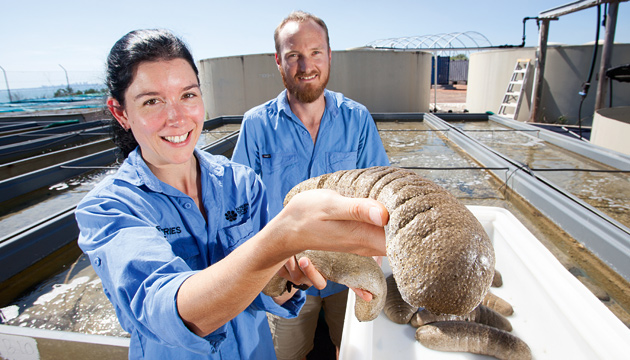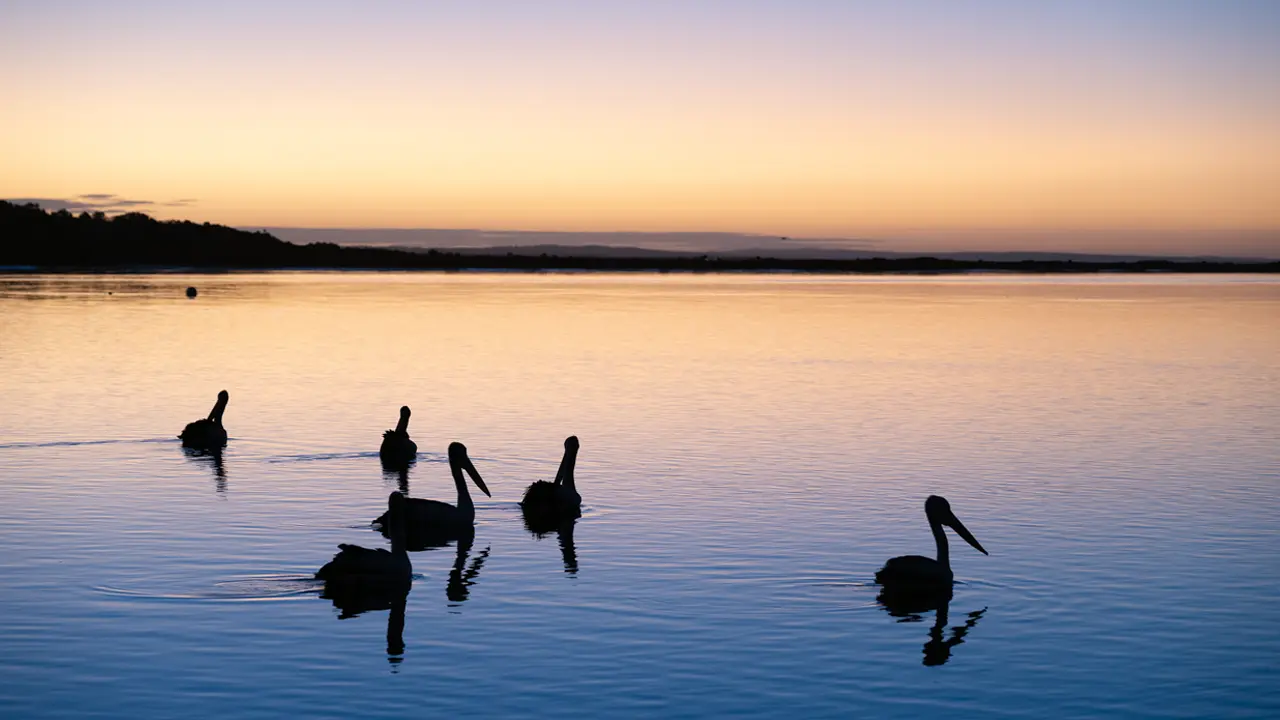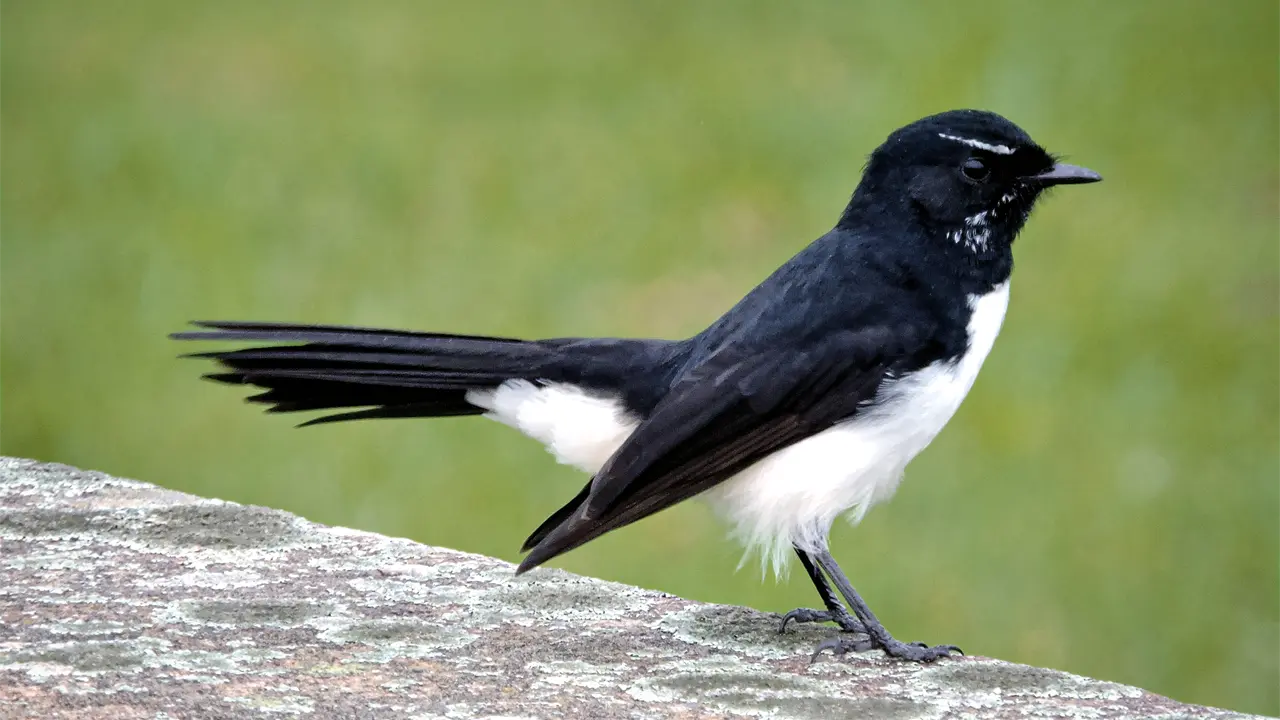Arnhem Land’s Goulburn Islanders have joined with aquaculture researchers and a major commercial partner to rekindle links with a community seafood industry dating back two-and-a-half centuries.
Story by Kerry Sharp
Arnhem Land’s trepang industry has re-emerged over the past 20 years, driven by high demand from China for the luxury seafood delicacy. The Australian product fetches about $180 a kilogram dried weight.
Yagbani Corporation’s Wayne Tupper says Tasmanian Seafoods’ successful 550kg trial harvest at Wigu last October, in partnership with the Yagbani Corporation, was the first time the Warruwi people had collected trepang commercially for 50 years. “It caused great excitement and has had a very positive impact on the community,” he says. “The historical connection means everything to people in this part of the world. If they know the stories handed down through generations, they have a much greater understanding of what they’re doing, which makes it easier for them to take it forward. The one thing I find truly incredible about the trepang industry is that the Arnhem Land people were trading with Asia in the 1770s – well before whitefellas got here.”
The October 2015 low-tide harvest took place over two days, when a team of nine locals were paid to collect suitably sized trepang from the exposed inter-tidal seagrass zone, working alongside commercial fishermen and guided by aquaculture-centre scientists and CDU aquaculture-course training staff. The training and teachings were recorded in local language to encourage community members to get involved. Participants learnt about harvesting, handling and first-stage processing techniques, including gutting and boiling, as part of their CDU-based training for an industry-tailored Certificate II in Aquaculture.
Tasmanian Seafoods is the Northern Territory’s only commercial trepang-harvesting licensee. The company, better known for its southern abalone operations, has been harvesting Top End wild trepang since the 1990s and exports an average of 100 tonnes a year to China. The company recently obtained a Northern Territory Fisheries licence to establish a separate commercial trepang sea-ranching venture, based on successful research and development at its Darwin hatchery and trials at Groote Eylandt and other Arnhem Land sites.
This story excerpt is from Issue #109
Outback Magazine: Oct/Nov 2016










